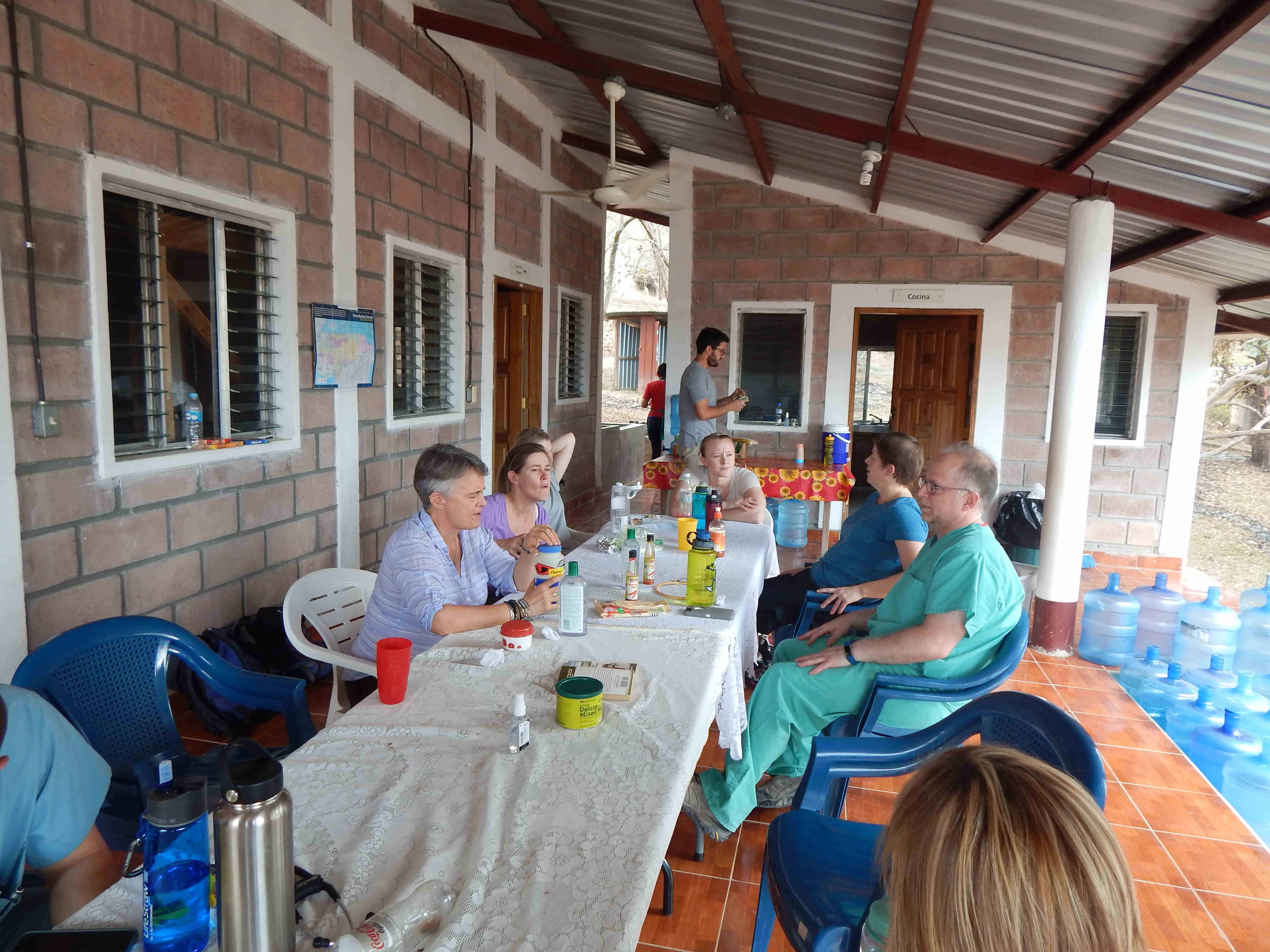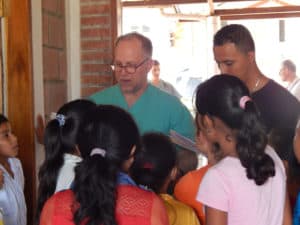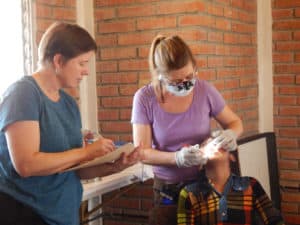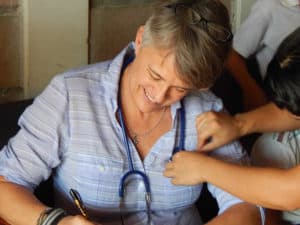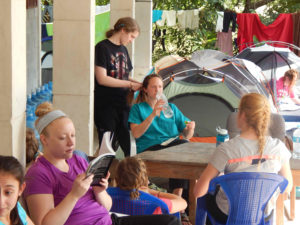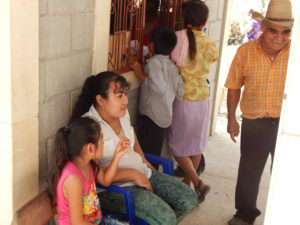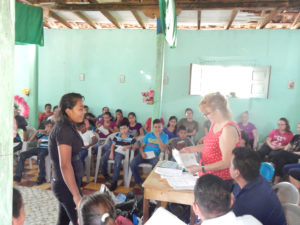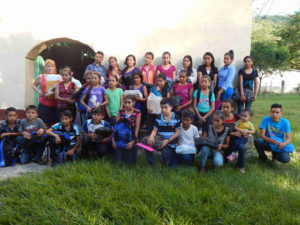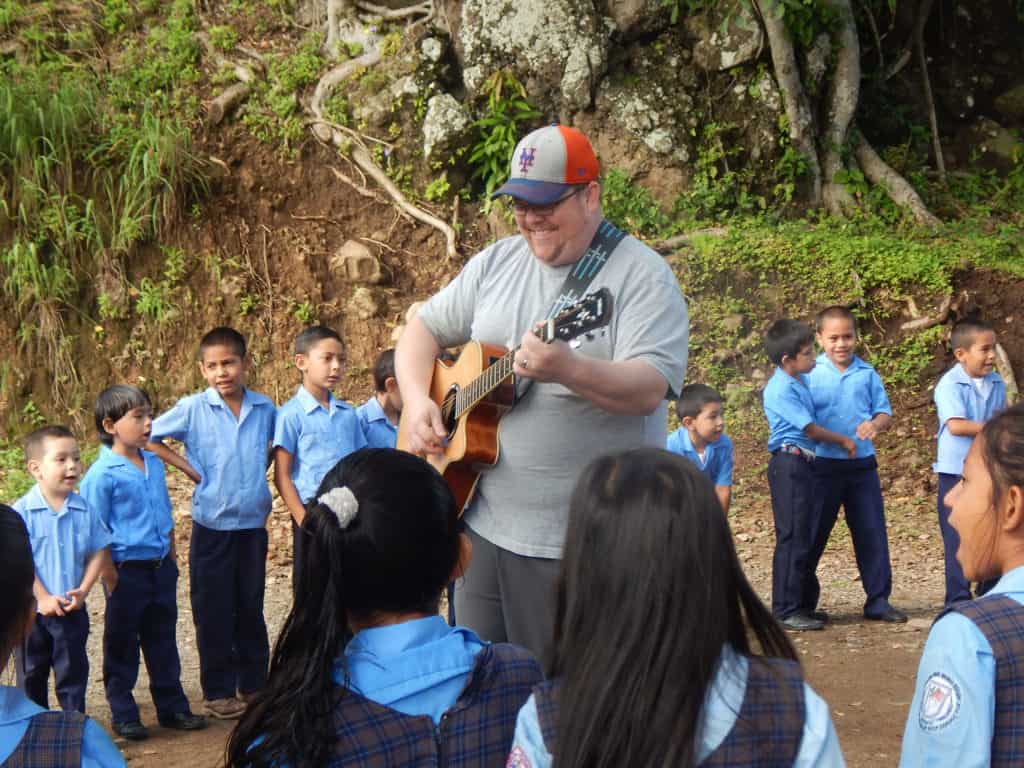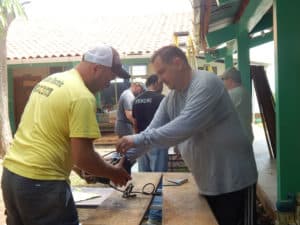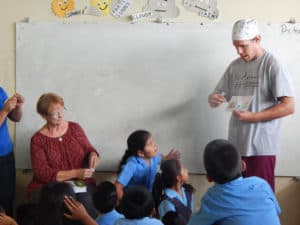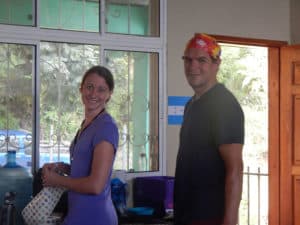Like most people, I know very little about medicine and the intricacies of my physiology. I probably should know a lot more. I’ve certainly been sick or injured enough times during the course of my life, and often dependent on the services of medical professionals. They always tell me what’s wrong with me, the diagnosis, how they intend to fix me, and the treatment. But I hardly listen. Maybe it’s because I’m afraid of my own fragility or mortality, but I’d rather just trust that they know what to do – close my eyes, take the medicine, and hope for the best. What’s most important to me is that doctors and medical professionals have a specialized knowledge of what makes me tick, and that they can treat me with unparalleled competence. I can then consider them gods, always able to fix me no matter how ill or broken I might present. Of course, this is a rather naïve way to approach that which is most important to me — my health and well-being.

We are privileged to see a lot of medical professionals who come to this tiny part of the world to practice medicine. I am always impressed by the wealth of knowledge they carry with them. They know all about biology and science, and they know how to perform exact interventions that make sick people well. This is of incredible value, and the people living here on the Frontera, without regular access to such expert knowledge and intervention, are eternally grateful. Perhaps they, like me, would want to think of these visiting, medical professionals as gods. Clearly, they should be honored and respected for their dedication and service, but there is something much more basic about health and well-being than knowledge and expertise. The really good, medical professionals understand these basic principles, shun the temptation to be godlike, and embrace the dynamic relationships that make individuals and communities healthy.
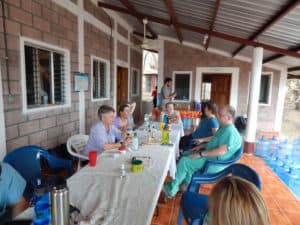
The Brown / Wingate mission to the small community of Guachipilincito has invested in these dynamic relationships over many years of service to realize a system of sustainable health and well-being. They were here again recently at the clinic they built and maintain at Guachipilincito. Dr. Harrison and a well-seasoned, professional team with dentistry, pharmacology, and students provided direct care, offering effective interventions. As impressive and important as this direct care is, the health initiative of Brown / Wingate happens beyond this direct care. At an earlier visit to Guachipilincito, they polled families at home visits, asking them what they thought could be done to make their community healthier. They said they wanted to come together in a social context and learn about how to be healthy. So on this trip, Brown / Wingate offered a health fair at their clinic. People who had never come to the clinic or seen a doctor, mostly men from the community, showed up. The medical staff screened for chronic diseases and found two individuals who were suffering with diabetes and didn’t know it. They are now receiving treatment and training to manage their disease. The community learned about health relative to nutrition, the extremely dangerous amounts of sugar present in soda, candy, and snacks that are unfortunately so readily available and cheap on the Frontera. The teenagers from the community offered a hilarious skit on maternal health and birth. Music, good food, stimulating conversation, and a rich sense of friendship guided the evening. Perhaps the visiting, medical professionals lost some of their god-like character in the evening’s festivities, but sustainable health and well-being within this community was certainly advanced.
Brown / Wingate’s “health fair” is happening in so many ways at Guachipilincito apart from those times when they visit and offer direct care. A feeding and nutritional program is ongoing, supported and run by nurse Lesby who lives in Guachipilincito and regularly buys and distributes fresh healthy food to families in need. Dr. Dan Harris came a week early to Guachipilincito to be invested in the life of the community. Dr. Simon Tanksley has remained in Guachipilincito and will be there for three months. He will treat individuals while he is there, but he will also learn from them. He will discern with them the best means of creating and maintaining health for individuals and the community at large. Meanwhile, Brown / Wingate will consider how they can deepen their commitment and service to this isolated and resource challenged area of our world.
The road to Guachipilincito from the neighboring town of Concepción is easily one of the roughest, most challenging in all of Honduras. It is a distance of less than ten kilometers, but it takes over forty-five minutes to arrive there in a four-wheel vehicle. You can almost arrive there walking quicker than in a vehicle. The people living there are desperately poor. It is a place where it is easy to become a god. Though that temptation is great, being a god is as unfulfilling as it is ineffective. Being a friend is so much more challenging, and ultimately so much more healthy.
Perhaps then, health is not solely about specific, expert interventions from people otherwise unconnected to their patients. Perhaps it’s about listening. Perhaps it’s about investment in committed relationships. Perhaps it’s about partnering with individuals and communities. Perhaps it’s about the recognition of the inherent dignity and sanctity of shared human experience. Perhaps health and well-being is everyone’s responsibility, not just those of the gods who happen upon a moment of crisis, illness, or injury. The Brown / Wingate brigade travels to Guachipilincito across the challenging terrain. Because they are committed to the ongoing journey of reaching the people there, they can claim that they are assisting in the creation of sustainable systems of health and well-being.


